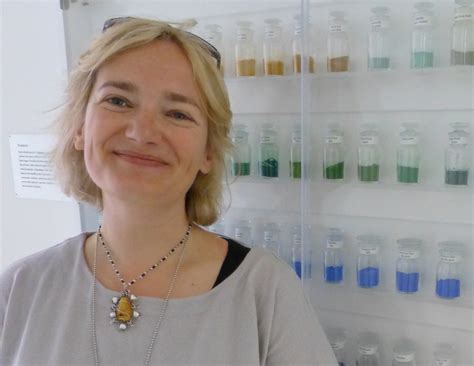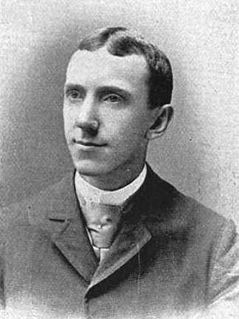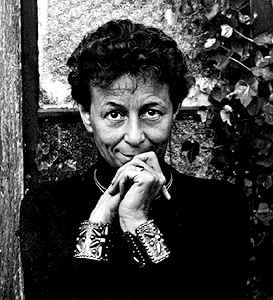A Quote by Erlend Loe
One problem with people is that as soon as they fill a space it's them you see and not the space. Large, desolate landscapes stop being large, desolate landscapes once they have people in them. They define what the eye sees. And the human eye is almost always directed at other humans. In this way an illusion is created that humans are more important than those things on earth which are not human. It's a sick illusion.
Related Quotes
We have indeed been out in space, but some are under the illusion that we have been off Earth. In reality humans have never been off Earth. We have always been on a piece of Earth in space. We survive only as long as we can breathe the air of Earth, drink its waters, and be nourished by its foods. There is no indication that as humans we will ever live anywhere else in the universe. Place, too, is continuously being transformed but only within its own possibilities.
To our human minds, computers behave less like rocks and trees than they do like humans, so we unconsciously treat them like people.... In other words, humans have special instincts that tell them how to behave around other sentient beings, and as soon as any object exhibits sufficient cognitive function, those instincts kick in and we react as though we were interacting with another sentient human being.
I realize how myself and other people have started to almost fool ourselves that it's more important to us and more real than the real world, the offline world, and we value looking at our phone and pixels on a screen more than connecting eye to eye with a human being, which is terrifying to me because we're becoming robots.
The very large brain that humans have, plus the things that go along with it - language, art, science - seemed to have evolved only once. The eye, by contrast, independently evolved 40 times. So, if you were to 'replay' evolution, the eye would almost certainly appear again, whereas the big brain probably wouldn't.
Gnomes live ten times faster than humans. They're harder to see than a high-speed mouse. That's one reason why most humans hardly ever see them. The other is that humans are very good at not seeing things they know aren't there. And, since sensible humans know that there are no such things as people four inches high, a gnome who doesn't want to be seen probably won't be seen... Wings.
Human life is fragile: we live in the space between one breath and the next. We often try to maintain an illusion of permanence, through what we do, say, wear, buy, and how we enjoy ourselves and who and how we love. Yet it is an illusion that is constantly being undermined by change and death. We can use diamonds in whatever way we like. They are empty things, pretty as water, yet within them—if we want to see it—there is blood, dust, love, curses, and suffering. There is desire to make someone happy, there is admiration, there is ostentation…and there is a company’s profit curve.
Wherever the deaf have received an education the method by which it is imparted is the burning question of the day with them, for the deaf are what their schooling make them more than any other class of humans. They are facing not a theory but a condition, for they are first, last, and all the time the people of the eye.
I define Inner Space as an imaginary realm in which on the one hand the outer world of reality, and on the other the inner world of the mind meet and merge. Now, in the landscapes of the surrealist painters, for example, one sees the regions of Inner Space; and increasingly I believe that we will encounter in film and literature scenes which are neither solely realistic nor fantastic. In a sense, it will be a movement in the interzone between both spheres.
When you're spending that much time by yourself in your car looking at landscapes, it's desolate. Most of the other people around you are invisible in their own cars. You're driving past houses where maybe once in a while somebody is out, but that's about it. So I was interested in that aesthetic and I decided I wanted to write an apocalyptic narrative, but the more I thought of it, it seemed bizarre and untenable to me to pick one, so I just didn't.
The frontier in space, embodied in the space colony, is one in which the interactions between humans and their environment is so much more sensitive and interactive and less tolerant of irresponsibility than it is on the whole surface of the Earth. We are going to learn how to relate to the Earth and our own natural environment here by looking seriously at space colony ecologies.







































